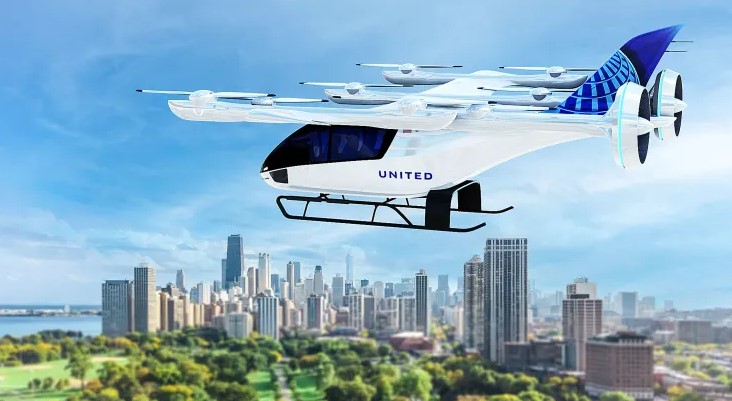
9-11 #Pray : Apple has reportedly added China’s YTMC to its list of NAND flash suppliers; Apple has announced its partnership with Globalstar; Tata Group is in talks with a Taiwanese supplier to Apple; etc.

Samsung Electronics sees the sharp downturn in chip sales extending into next year, the latest note of pessimism for a semiconductor industry reeling from a dramatic pullback in sales of PCs, smartphones and data servers. Kyung Kye-hyun, who heads Samsung’s semiconductors unit and serves as the company’s co-CEO, has indicated that 2H22 looks bad, and as of now, 2023 does not really seem to show a clear momentum for much improvement. The executive has added the company plans to invest in research and development, seeking to gain market share like prior downturns.(CN Beta, WSJ, Seeking Alpha, Barron’s)
WeEn Semiconductor’s project plans to invest CNY940M, mainly to build a 6” wafer production line. It is expected to reach full production in 2025 and achieve an annual production capacity of 120,000 wafers. It will provide services for motor vehicle brands such as HELLA and Piaggio. According to public information, the company is derived from NXP’s bipolar power transistor product line and R&D business segments. Its core products are discrete semiconductor devices, including silicon controlled rectifiers, power diodes, high-voltage transistors, and silicon carbide. (Laoyaba, 163.com)
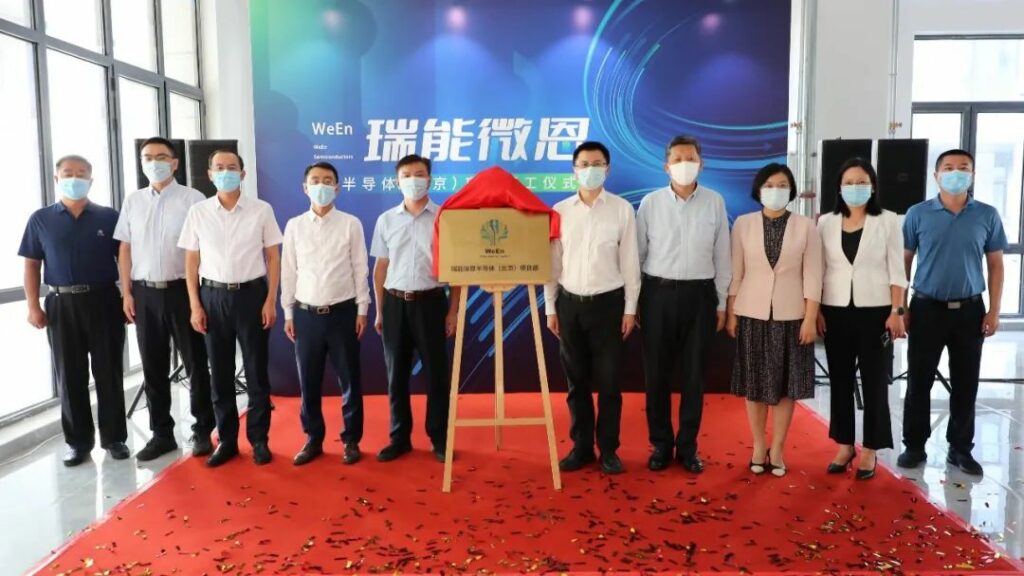
Apple has officially released the A16 processor. A16 focuses on improving energy efficiency, display and camera performance. The manufacturing process has been upgraded from TSMC 5nm to TSMC 4nm, and the number of transistors has increased from 15B to 16B, setting a new record. There are still 6 CPU cores, including 2 performance cores and 4 energy efficiency cores. The performance core not only has higher performance, but also consumes 20% less power than the A15. The energy efficiency core claims to have only one-third of the power consumption of competing products.(My Drivers, TechCrunch, Trusted Reviews)
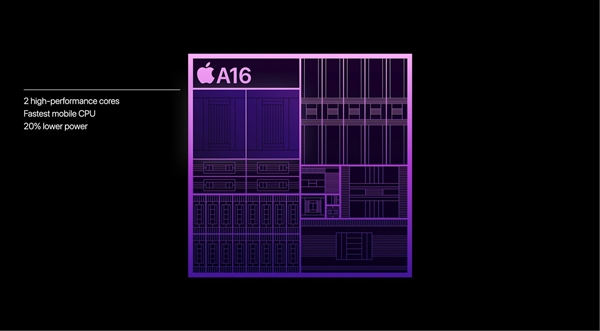
Intel’s CEO Pat Gelsinger has announced an investment of USD20B in a new large-scale fab in Ohio, USA, which is part of Intel’s IDM 2.0 strategy. The entire investment plan is as high as $100 billion. The new factory is expected to be mass-produced in 2025, when the “1.8nm” process Will put Intel back as a semiconductor leader. This Intel factory is also a large-scale semiconductor chip factory newly built in the United States after the US passed the USD52.8B chip subsidy bill. Intel’s chip manufacturing base will consist of two fabs, which can accommodate up to 8 factories and supporting ecological support systems, covering an area of nearly 1,000 acres, or 4 square kilometers. The two fabs are expected to be mass-produced in 2025. Intel did not specifically mention the process level of the factory, but Intel previously stated that it would master the 5th-generation CPU process within 4 years, and mass-produce the 20A and 18A two-generation processes in 2024. , so the factory here should also mass-produce the 18A process by then. 20A and 18A are the world’s first angstrom-level chip technology, which is equivalent to the 2nm and 1.8nm processes of friends. It will also debut Intel’s two advanced technology technologies, Ribbon FET and PowerVia.(CN Beta, Tom’s Hardware, Washington Post, Asia Nikkei)
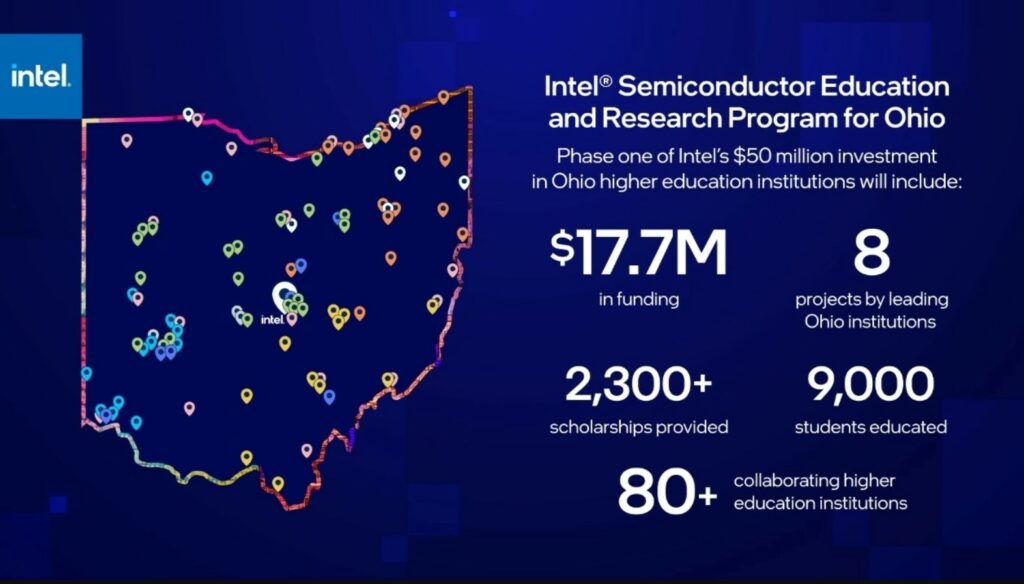
NASA’s new High-Performance Spaceflight Computer (HPSC) will be powered by a custom RISC-V-based processor. The product of a collaboration between SiFive and Microchip Technology, the chip will feature 12 RISC-V cores and is expected to offer 100x the performance of the BAE RAD750, the CPU used by NASA in previous missions. NASA has commissioned SiFive to provide the core CPU for the HPSC, and specifically, SiFive will be using its X280 processor core. The X280 is an 8-core RISC-V processor that offers vector extensions and AI/ML edge computing optimizations. X280, which is built off a 64-bit RISC-V ISA and an 8-stage dual-issue in-order pipeline, is capable of 4.6 TOPS of performance. Alongside the X280, NASA will also be leveraging four additional SiFive RISC-V cores. The contract, which pays Microchip USD50M, expects Microchip to deliver the new processor within 3 years. (CN Beta, All About Circuits, TechRadar, SiFive)
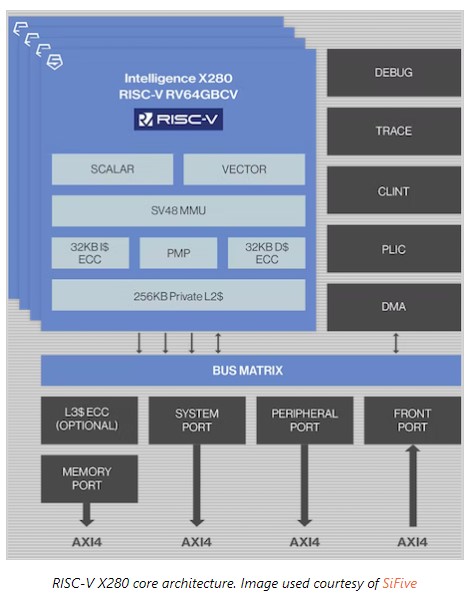

Major camera module companies such as LG Innotek and Samsung Electro-Mechanics (SEMCO) have turned their eyes from smartphones to automobiles. Self-driving cars require far more camera modules than smartphones. Expectations are rising that Korean companies may be able to dominate the automotive module market as they did the DRAM market. LG Innotek is in talks with Tesla, the world’s No. 1 electric vehicle (EV) maker, for the supply of camera modules worth KRW1T (USD1B). SEMCO was reportedly chosen by Tesla as the supplier of camera modules for its electric trucks. The value of the contract is not known, but is said to be the largest ever for a single camera module order. The IT camera module market is expected to grow at a CAGR of 1.2% from USD21.9B in 2022 to USD23.3B in 2027. On the other hand, the size of the automotive camera module market is expected to grow from USD4.3B in 2022 to USD8.9B in 2027. This means that the market will enjoy an average annual growth rate of 15.7%.(Laoyaoba, Business Korea)
LG Innotek, an electronic parts manufacturing company owned by LG, has said that Apple’s iPhone sales orders are expected to reach a record high in 4Q22, and LG Innotek’s orders will surge. LG Innotek supplies parts for the Pro series, the flagship of the iPhone 14 series, which is expected to account for 58% of the first iPhone shipments (up 15% YoY). LG Innotek expects iPhone 14 orders to surge in 4Q22 (30~40% increase in a single quarter), Pro/Max share is expected to reach 85% in 4Q22 (65% in 4Q21) and set a record, the company’s optical solutions will benefit. (Laoyaoba, IT Home, Business Korea)

Apple has reportedly added China’s YTMC to its list of NAND flash suppliers for the iPhone 14. Apple has thus far received NAND flashes from Samsung Electronics, SK Hynix and Kioxia. For DRAMs, it has relied on Samsung Electronics and SK Hynix. Apple is highly dependent on Korea for DRAMs and NAND flashes, and was one of Samsung Electronics’ top 5 customers in 1H22. Apple’s intention behind partnering with YTMC is to lower the prices of NAND flashes by diversifying its suppliers.(Laoyaoba, Business Korea, Tom’s Hardware, EET China, EE World)
SK Siltron has reportedly started supplying wafers for new generation memory to Samsung Electronics, SK Hynix, etc., expecting to break the Japanese industry’s oligopoly and accelerate the self-production of Korean semiconductor materials. SK Siltron has completed the development of polished wafers for 10nm fourth generation (1a) DRAM in June, and is expected to start supplying Samsung and SK Hynix in 2H22. Samsung and SK Hynix have introduced the Extreme Ultraviolet (EUV) process for their fourth generation (1a) DRAM, a new generation exposure technology using equipment manufactured exclusively by ASML in the Netherlands. Since EUV has different characteristics from existing light wavelengths, different materials must be used, and the difficulty of developing 1a DRAM wafers is equally high. (CN Beta, Techgoing, China Flash Market)

Tesla is ramping up hiring for its Megafactory in California, where it aims to produce 40GWh of Megapacks per year. In 2021, Tesla broke ground on a new “Megafactory” to produce Megapack batteries in Lathrop, California. The goal is to have a new factory focused only on building the large battery pack for utility-scale energy storage projects. (CN Beta, Electrek)
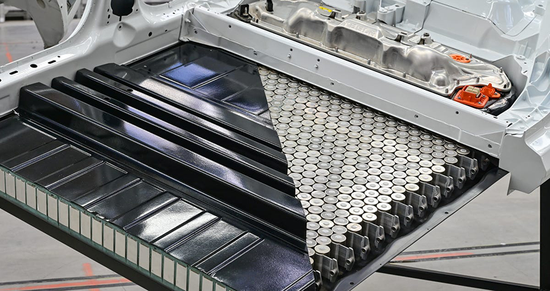
Toyota Motor has announced that it will invest up to JPY730B (USD5.3B) to expand production of batteries for electric vehicles in Japan and the U.S. in a move to meet increasing EV demand. The company will invest JPY400B domestically in the plant of Prime Planet Energy & Solutions, a joint venture with Panasonic Holdings, as well as Toyota’s own plants in Japan. It will also spend JPY325B on a battery factory to be built in the state of North Carolina. Total battery production capacity to be added in the two nations will increase up to 40 gigawatt-hours, with production to start between 2024 and 2026.(Automotive News, Toyota, The Register, NY Times)

Connectivity
Google has announced several improvements to its Fi mobile plans. It is expanding its international 5G coverage by adding 26 more countries and adding support for compatible Samsung phones, iPhone users will also now be allowed to hotspot abroad and make Wi-Fi calls. The 5G support will require people to be signed up to the Flexible or Unlimited Plus plans.(Neowin, Google)
Apple has formally announced its long-anticipated partnership with Globalstar to provide satellite messaging services for new iPhones and becoming Globalstar’s biggest customer. Apple has indicated that the company was dedicating USD450M from its advanced manufacturing fund toward satellite infrastructure to support the feature. Globalstar, which makes low-earth orbit (LEO) satellites, said it had tapped investment bank Goldman Sachs & Co and expects to complete a financing in 4Q22. LEO satellites operate 36 times closer to the earth than traditional ones and hence take less time to send and receive information, leading to faster broadband service even in remote areas.(Laoyaoba, Reuters, Space News, CNBC, US News)
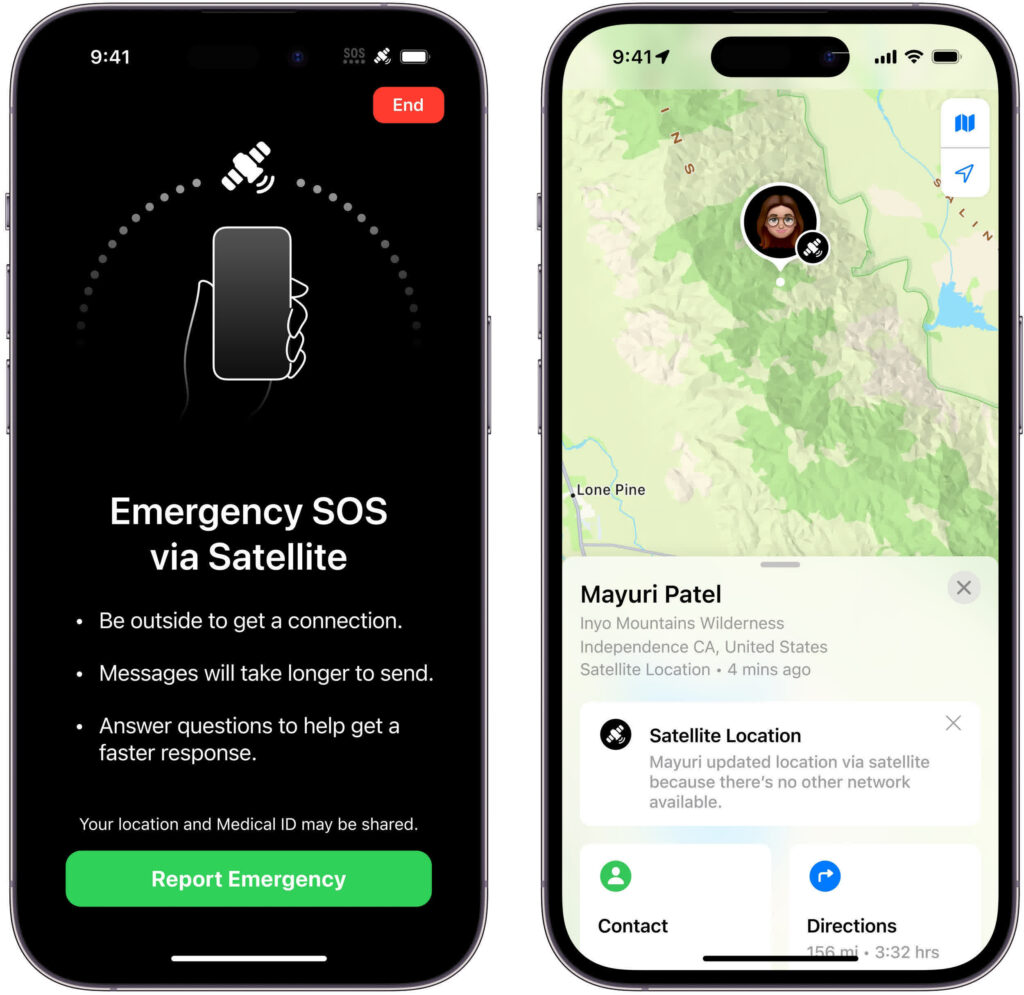
An SEC filing from Globalstar reveals that Apple plans to use 85% of its current and future network capacity for its services to iPhone 14 consumers, and pay for future satellite upgrades. The entire iPhone 14 family will have a brand-new feature called Emergency SOS via Satellite. Apple will use Globalstar satellites for this. The company already uses the satellite network for its location-tracking feature known as Find My.(CN Beta, Apple Insider, SEC)
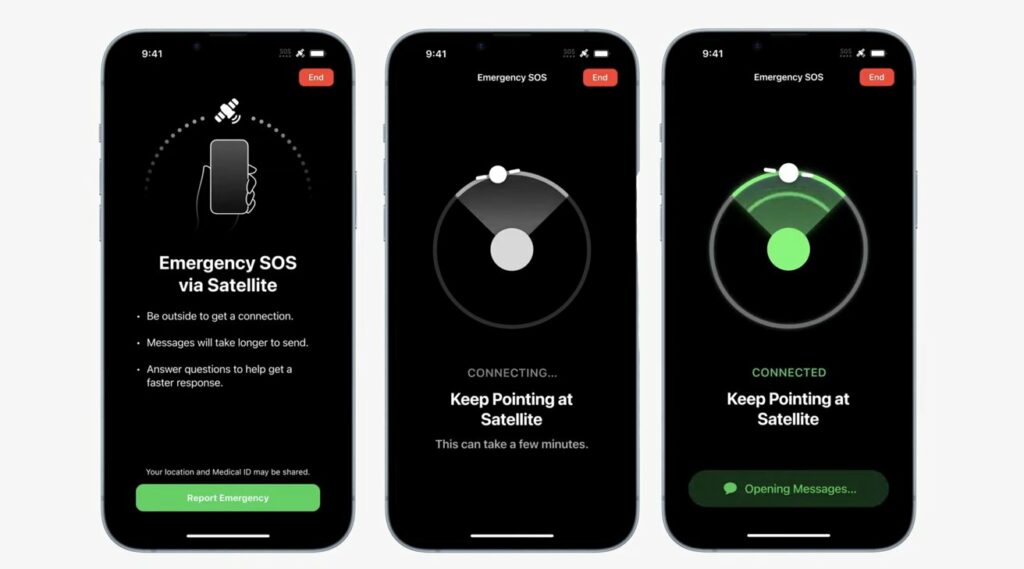

Samsung has been hit with a class action lawsuit over the recent data breach. The lawsuit alleges the company of failing to notify affected consumers about the breach on time. Plaintiff Shelby Harmer and other affected customers filed the class action at the US District Court for Nevada on 6 Sept 2022. The data breach in question took place in late July when an unauthorized third party got access to Samsung’s US-based systems. The attacker stole personally identifiable information about some Samsung customers. The new report states that more than 3,000 customers were affected. Information accessed included the full name, contact, demographic information, date of birth, and product registration information, though it may vary for each customer.(Android Headlines, Bloomberg Law)
Tata Group is in talks with a Taiwanese supplier to Apple to establish an electronics manufacturing joint venture in India, seeking to assemble iPhones in the South Asian country. The discussions with Wistron are aimed at making Tata a force in technology manufacturing, and the Indian salt-to-software conglomerate wants to tap the Taiwanese company’s expertise in product development, supply chain and assembly, people with knowledge of the matter said. If successful, the pact could make Tata the first Indian company to build iPhones, which are currently mainly assembled by Taiwanese manufacturing giants like Wistron and Foxconn Technology Group in China and India.(Gizmo China, Bloomberg, World 11)
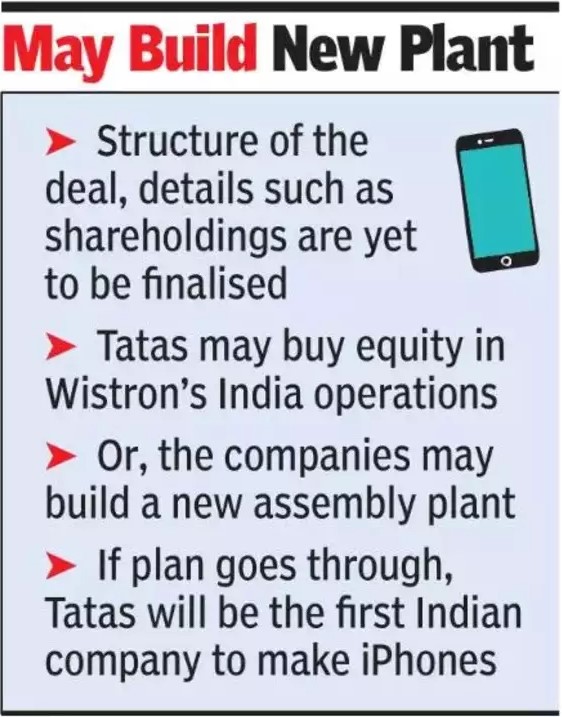
Verily, the life sciences business under Alphabet, has raised USD1B, capital that will be used to expand its data-driven healthcare products tailored to individuals. The round was led by Alphabet. Verily also announced changes to its executive team that will go into effect Jan 2023. Verily is particularly interested in “precision health,” a term meant to describe combining research, clinical and non-clinical data and computing power to provide healthcare customized to a person’s specific needs. In other words, Verily — which was born out of Google X in 2015 — aims to use technology to provide medical care for individuals instead of everyone. (CN Beta, TechCrunch, Verily)

Librarium has launched virtual reality memory palace platform on the Oculus Quest 2 VR headset that will enable people to memorize things for test preparation. The memory palace is a mental visual aid for remembering things that goes back to Socrates, and experts say it improves retention by 30%. So Librarium founder Duane Mathes pulled together a team to create the platform on both VR and mobile apps so people can remember things more easily. One of the first practical applications is to help medical students study for their MCAT tests.(VentureBeat, Game News, Deluxe)


Mullen Automotive has acquired a controlling stake in electric vehicle startup Bollinger Motors, buying up 60 percent of the struggling company’s stock for USD148.2M. Mullen said it will add Bollinger-designed medium-duty trucks and sport utility trucks to its inventory. The deal “positions Bollinger to capture the electric sport utility and commercial vehicle markets”. Earlier 2022, Bollinger announced it selected Detroit auto supplier Roush as a contract manufacturer to assemble its line of platforms and chassis cabs for electric commercial vehicles.(The Verge, Mullen, CN Beta)

Jeep, the rugged SUV maker, says it will be releasing 4 new all-electric EV models in the US and Europe by the end of 2025. The move comes as part of the automaker’s plan to hit 50% electric vehicle sales in the US by 2030 and 100% in Europe. Since 1941, Jeep has been making rugged SUVs. By doing so, the brand has created a loyal following who will only purchase Jeep vehicles. The automaker was bought out by Chrysler in 1987 and was then merged into the Stellantis brand. Now Jeep is transforming the brand for a new age of drivers. The automaker’s profound transformation is part of the parent company, Stellantis, Dare Forward 2030 strategy. The plan includes releasing new Jeep EV models and becoming carbon neutral by 2030. (Engadget, CNBC, Electrek, Ars Technica, Auto News)
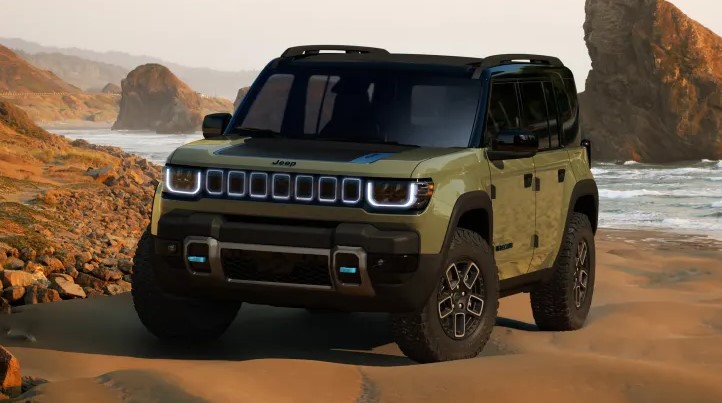
Uber will use Nuro autonomous delivery vehicles to shuttle meals and other goods to its Eats customers as part of a 10-year commercial deal between the two companies. The partnership, which kicks off fall in 2022, will start in Houston and Mountain View, California and eventually expand to other areas, including the greater Bay Area. It also highlights Nuro’s enviable position in the nascent autonomous vehicle industry. Nuro is one of the few companies to have received all of the necessary approvals and permits to operate an autonomous vehicle delivery service that can charge customers in California. (Engadget, TechCrunch, Twitter)

United Airlines is investing USD15M in Eve Air Mobility, an electric aviation startup owned by Brazilian aircraft manufacturer Embraer. As part of the deal, United will purchase 200 of Eve’s electric air taxis, which can seat four passengers and take off and land vertically like a helicopter. This is the second major investment from United in the nascent world of electric air mobility after investing an undisclosed amount of money in Archer in 2021. These companies propose to develop small, electric vertical takeoff and landing (eVTOL) aircraft that can fly from rooftop to rooftop in a dense city as a taxi service. (The Verge, CNBC, Reuters)
